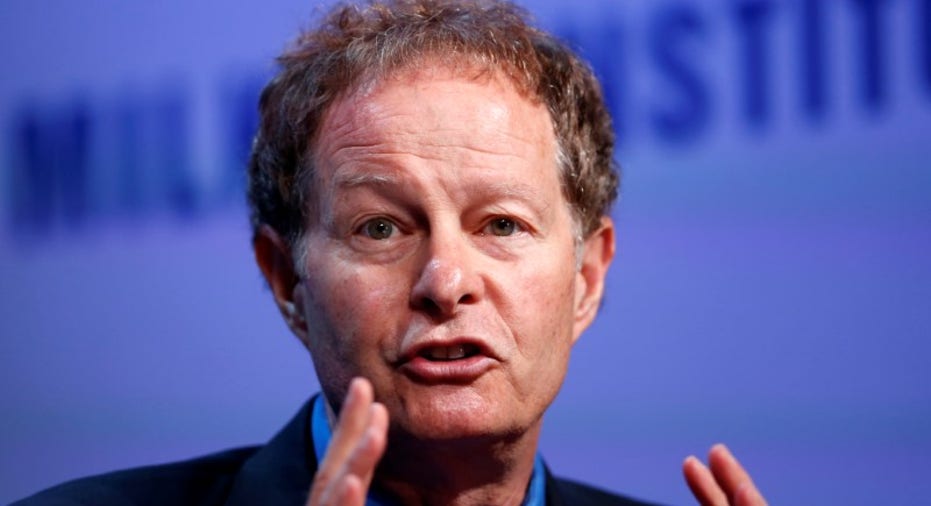Whole Foods founder Mackey retakes helm in turnaround

LOS ANGELES – Whole Foods Market Inc is staking its future on blunt, vegan co-founder John Mackey, betting the man who built the high-end health food grocery chain has the best shot of leading its turnaround.
Whole Foods on Wednesday said Mackey would resume his job as solo chief executive officer six years after he split the role with co-CEO Walter Robb, known as the businessman who carried out Mackey's vision.
The Austin, Texas-based grocer has reported five quarters of falling sales at established stores, and while the decline may be easing, Whole Foods faces intense competition from retailers ranging from Kroger to Walmart and Amazon.
"I like our positioning, but I'm not going to sugarcoat it ... We've got to up our game and that's what we are intending to do," Mackey said on a call reporting quarterly earnings.
He declined to elaborate on turnaround plans.
Mackey follows in the footsteps of other co-founders who re-established control of their companies, said retail expert Bill Bishop. Starbucks Corp co-founder Howard Schultz and Apple Inc co-founder Steve Jobs each returned as CEOs when their companies faltered.
Whether Mackey, whose steadfast presence at the chain was briefly broken by a five-month break to hike the Appalachian Trail in 2002, can pull off that turnaround is not clear.
"In this fast-changing, very competitive market, the question is whether the founder will have the skills to right the ship," said Bishop.
Mackey is an outspoken Libertarian with a proven knack for capitalizing on nascent food trends. He adheres to a strict diet, but has come under fire from food purists for selling meat and "natural" versions of junk food such as chips and sugary drinks.
He also has courted controversy. For years before the company's purchase of Wild Oats, Mackey used the alias "Rahodeb," an anagram of his wife's name, to post comments on Web forums praising Whole Foods and criticizing Wild Oats.
Giving a single person command will make big changes easier, said Roger Davidson, retail consultant at Oakton Advisory Group.
"You need the vision and direction coming from one leader," said Davidson, who was an executive at Wild Oats when it was purchased by Whole Foods in 2007.
"They need to make some hard decisions and go with them," he added, arguing the company should slash its long-term plans for 1,200 stores in half; speed up investment in its new, value-oriented 365 by Whole Foods Market chain; and remodel stores.
(The story was refiled to correct the alias in the tenth paragraph to Rahodeb, not harobed)
(Reporting by Lisa Baertlein in Los Angeles; Editing by Lisa Shumaker and Bill Trott)



















